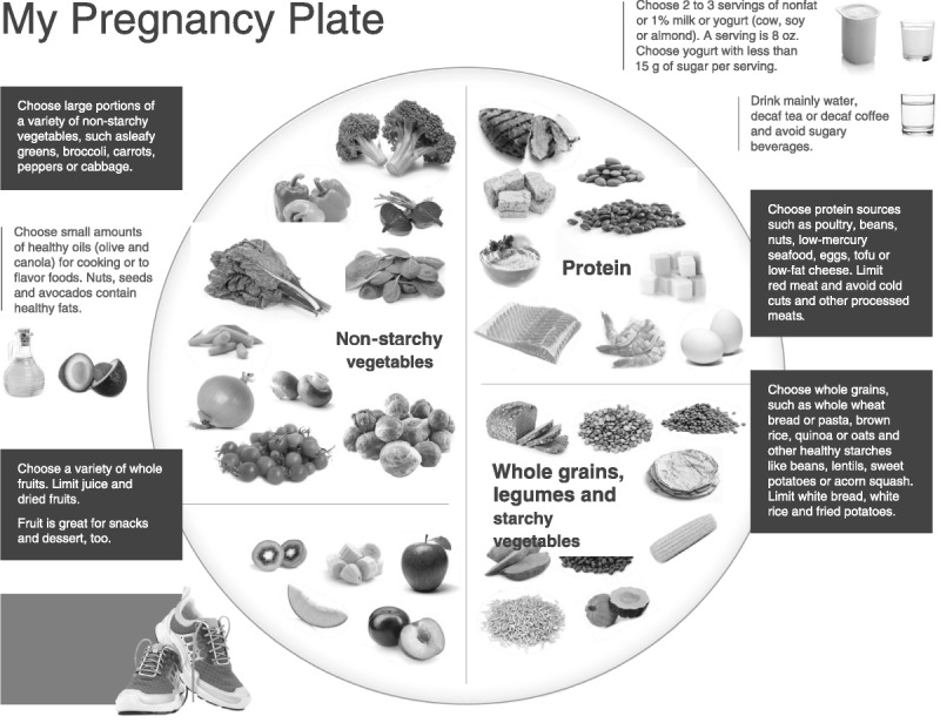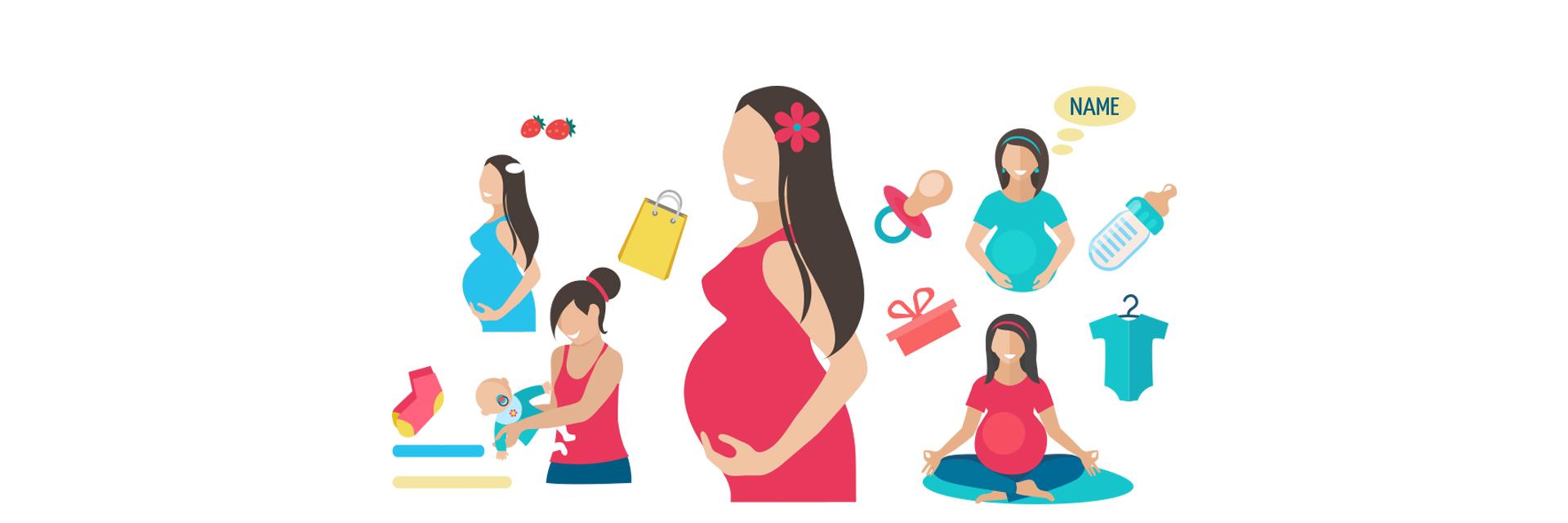According to the World Health Organization, maternal health is defined as the health of women during pregnancy, childbirth and the postnatal period. Good maternal health is crucial for the well-being of both mother and child. The survival of a child is dependent upon maternal health care and nutrition. Maternal infections and other health conditions can have adverse impacts leading to morbidity and mortality of newborns. According to the report on maternal mortality as part of the National Population and Housing Census 2021, maternal death in Nepal is 151 per 100,000 live births indicating a downward trend from 239 per 100,000 live births in 2015. To ensure the target 3.1 of the Sustainable Development Goals (SDGs) i.e. reduction of global maternal mortality ratio to less than 70 per 100,000 lives births by 2030, with no country having MMR greater than 140 per 100,000 live births, efforts on maternal health including antenatal care, postnatal care and nutrition is crucial.
World Health Organisation defines antenatal care as the care provided by skilled health-care professionals to pregnant women and adolescent girls in order to ensure the best health conditions for both mother and baby during pregnancy.
OR
Antenatal care is care provided by skilled healthcare professionals to individuals to ensure the health condition of the pregnant women and foetus is best during pregnancy.
ANC includes components:
- Risk identification;
- Prevention and management of pregnancy-related or concurrent diseases; and
- Health education and health promotion.
ANC helps in the reduction of maternal and perinatal (the period between 22 completed weeks of gestation until 7 completed days after birth) morbidity and mortality directly through the detection and treatment of pregnancy-related complications and indirectly, through the identification of women and girls at increased risk of developing complications during labour and delivery, thus ensuring referral to an appropriate level of care, ANC also provides an important opportunity to prevent and manage concurrent diseases through integrated service delivery.
According to the 2016 WHO ANC model, it is recommended a minimum of eight ANC contacts. This model replaces the previous ANC model which suggested 4 ANC visits (four-visit focused ANC i.e. FANC model). Moreover, within this model, in place of a visit, contact has been used to indicate an active connection between a pregnant woman and a healthcare provider.
Comparing ANC Schedules
| WHO four visit focused ANC model | 2016 WHO ANC model |
| First Trimester | |
| Visit 1: 8-12 weeks | Contact 1: up to 12 weeks |
| Second Trimester | |
| Visit 2: 24-26 weeks | Contact 2: 20 weeks Contact 3: 26 weeks |
| Third Trimester | |
| Visit 3: 32 weeks Visit 4: 36-38 weeks |
Contact 4: 30 weeks Contact 5: 34 weeks Contact 6: 36 weeks Contact 7: 38 weeks Contact 8: 40 weeks |
| Return for delivery at 41 weeks if not given birth | |
Antenatal care visits have been part of the Safe Motherhood programme which aims to reduce maternal and neonatal morbidity and mortality and improve maternal and neonatal health.
The Aama Programme (Maternity Incentive Scheme) introduced in 2005 has been promoting ANC visits by incentivising women with NRs 800 to those women who complete four ANC visits at the 4th month (12-16 weeks of gestation), 6th month (20-24 weeks of gestation), 8th month (28-32 weeks of gestation), and 9th month (36-40 weeks of gestation).
The care that the individuals receive between the period beginning immediately after the birth of the baby and extending up to six weeks (42 days) is defined as postnatal care.
A minimum of four postnatal contacts have been recommended by the World Health Organisation as mentioned in The WHO recommendations on maternal and newborn care for a positive postnatal experience (2022).
- The first postnatal contact: continued care in the health facility or for a home birth for at least the first 24 hours after birth.
- A minimum of three additional postnatal contacts:
- between 48 -72 hours,
- between 7-14 days, and
- during week six after birth.
In Nepal, three postnatal care check-ups are recommended i.e. first check-up within 24 hours of delivery, second on the 3rd day and final on the 7th day of delivery.
Nutrition is crucial for the everyday functioning of our body and is essential for all age groups. However, special attention is required for pregnant and lactating women, adolescents and children. Maternal nutrition is correlated with maternal health outcomes as well as adverse birth outcomes.

World Health Organisation defines antenatal care as the care and counselling provided by skilled health-care professionals to pregnant women and adolescent girls in order to ensure the best health conditions for both mother and baby during pregnancy.
According to the 2016 WHO ANC model, it is recommended a minimum of eight ANC contacts.
Pregnant women need to complete four ANC visits at the 4th month (12-16 weeks of gestation), 6th month (20-24 weeks of gestation), 8th month (28-32 weeks of gestation), and 9th month (36-40 weeks of gestation). After completing four visits they receive incentive of NRs. 800.
The care that the individuals receive between the period beginning immediately after the birth of the baby and extending up to six weeks (42 days) is defined as postnatal care.
In Nepal, three postnatal care check-ups are recommended i.e. first check-up within 24 hours of delivery, second on the 3rd day and final on the 7th day of delivery.






